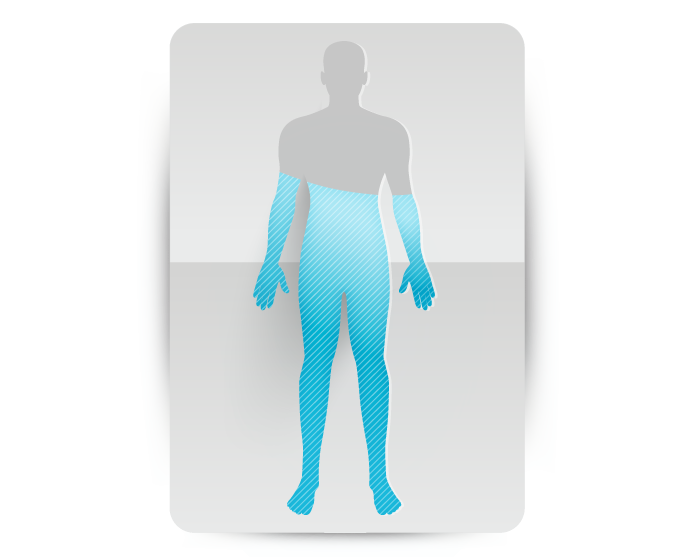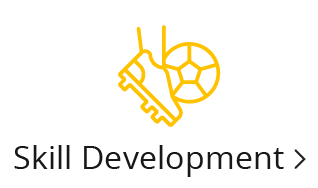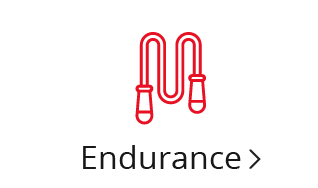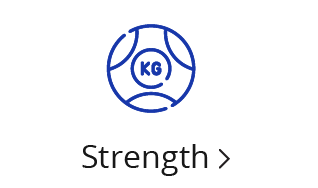Healthy eating and optimal nutrition are essential for all children and young people, as it is the foundation of development and growth.
Healthy eating is regularly illustrated using the Eatwell plate, with the plate split into different food groups. The size of each food group also promotes, as a visual percentage, where the daily food/nutrition should come from.
- Yellow section – carbohydrates
- Green section – vegetables and fruits
- Pink section – proteins
- Blue section – dairy products
- Purple section – oils and fats
The quality of the food and nutrition is also important, if not more important. Remember that all the different food groups contain crucial vitamins and minerals check out our blog for more information.
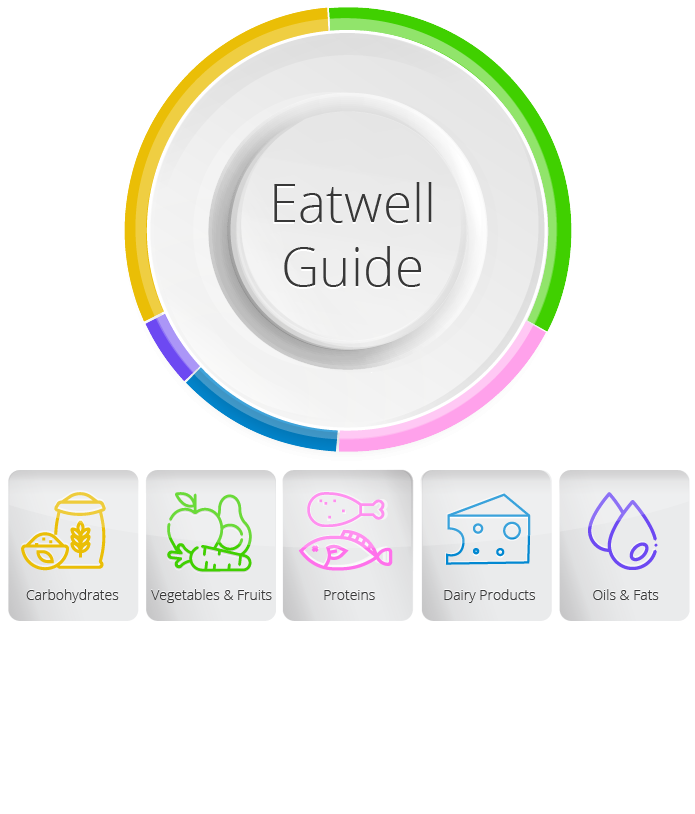
- Eat a balanced varied diet.
- Follow the eatwell plate when planning a meal.
- Portion sizes are important.
- Choose whole-grain products.
- Eat 5 portions of fruit and veg – Every day
- Eat a healthy breakfast with all the food groups, carbohydrates, fats and proteins.
- Avoid food and drinks high in sugar.
- Consume healthy snacks throughout the day.
- Avoid processed foods.
- Drink plenty of clean fresh water.
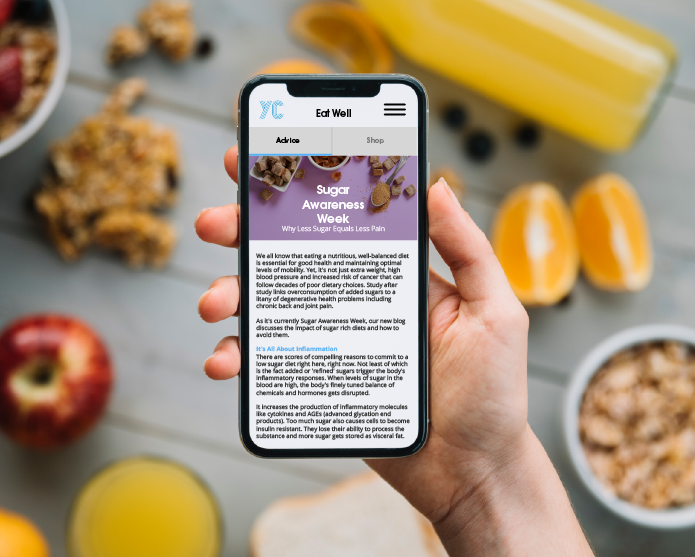
Carbohydrates are found in whole grains, vegetables and fruits remain an important source of energy. They are stored in muscles and liver in the form of glycogen and are broken down during physical activity.
Proteins are the building blocks of our body. The British Nutrition Foundation recommends consuming between 1.2 and 2.0 g protein per kg body weight per day. Proteins aid in muscle growth.
Fat is another important source of energy. High quality fats can be found in plants sources, olive oil, nuts, avocado or salmon.
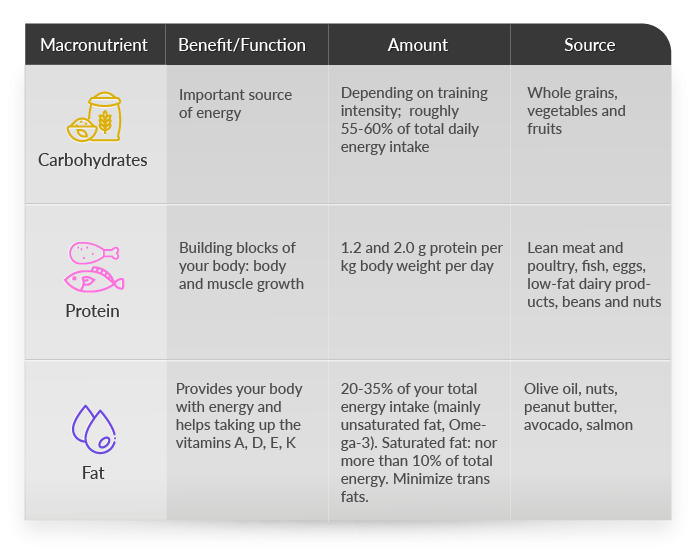
Understanding how Young Champions require a well-structured balanced diet, which is fresh and mostly whole-foods throughout their growth and development is essential and reinforces that food choices in fats and protein, such as fish, eggs, and quality meats alongside wholegrain carbohydrates will help with energy and metabolic pathways, plus cover essential vitamins and minerals.
We will provide your Young Champions with guidance and information to develop healthy habits. At pre-peak height velocity we will support with learning about Healthy Eating and Optimal Nutrition. Post-Peak Heigh Velocity we aim to support young champions in fuelling their body correctly for the sport of their choice.
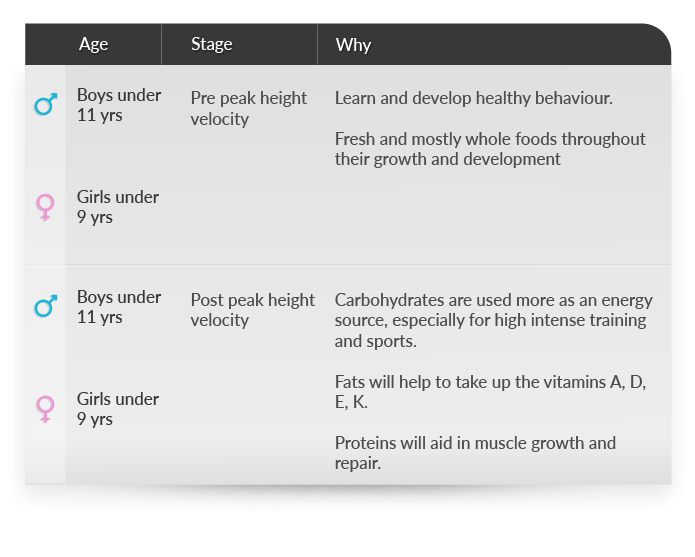
Highly active children should keep in mind the high amount of energy they are burning. To ensure proper development and growth, energy/food intake should be matched with the amount of energy they burn. Keep an energy balance, keeping the previously mentioned guidelines in mind of a healthy, fresh and whole food diet.
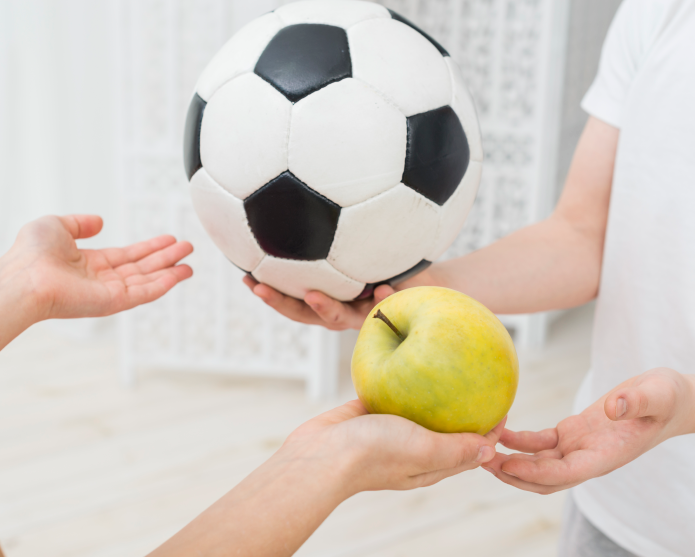
Meal planning is highly important for Young Champions to meet all nutritional needs. Best is to spread carbohydrate and protein/fats needs throughout the day instead of consuming them all at once. We provide guidance on how to fuel, restock and recover using nutrition and how this can support sports performance. You can read more about this in our blog.
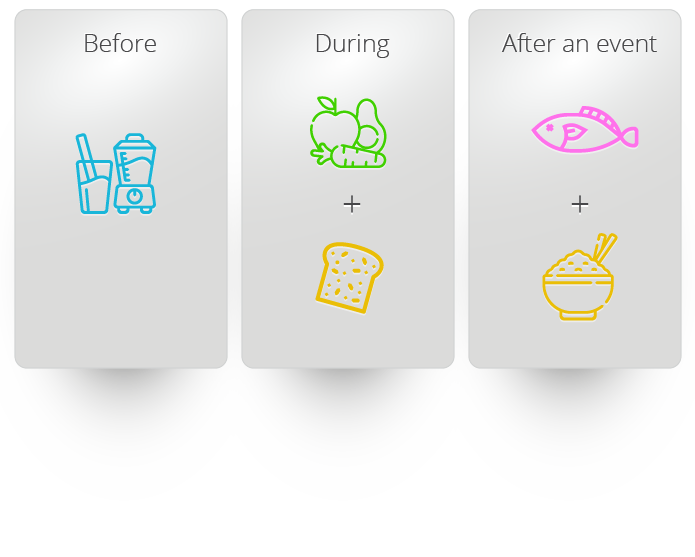
Recovery is especially important in this stage. However, recovery is more than simply giving your body rest to improve performance and allow muscles to repair the fractures from the training. A good recovery-nutrition can enhance your recovery time and improve performance additionally. It is important to consume proteins and carbohydrates between 30 minutes and 2 hours after training. Your child might want to consume milk-based drinks, yoghurt with fruit, or high-quality lean meat and salad roll to cover protein and carbohydrate needs.

Sufficient fluid intake is important before, during and after sport sessions. Water should be consumed to prevent dehydration and to maintain a healthy body temperature.
The exact amount of fluid a Young Champion should drink depends on factors, like age, body size, degree of physical activity and the environment (temperature). Remember, athletes lose a lot of fluid through sweat especially during hot temperatures.
Next section... Rest and Recovery
